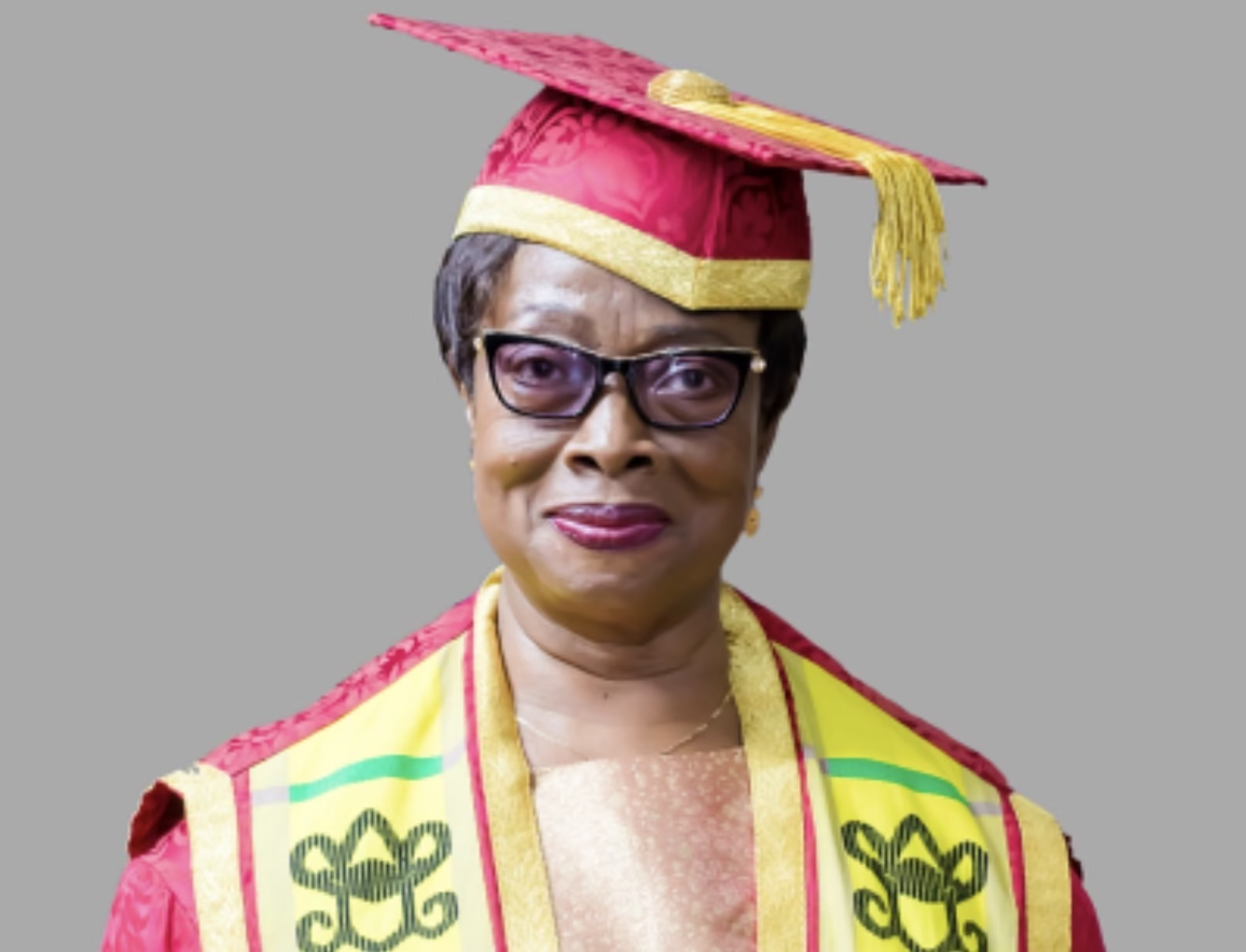Former Chief Justice Sophia Akuffo Urges Holistic Response to Sexual Abuse of Girls in Ghana

In a powerful intervention on 6 November 2025, former Chief Justice Sophia Akuffo underscored that the fight against sexual abuse of girls in Ghana must go far beyond legal solutions alone.
High Stakes, Deeper Roots
Akuffo warned that while prosecution and legal reform are critical, they will not suffice unless Ghana addresses underlying societal, cultural and institutional factors that permit abuse to persist. She said:
“Sexual abuse of girls demands more than just legal solutions.”
She noted that Ghana has made strides in laws aimed at protecting children and prosecuting perpetrators — including the creation of specialized Gender-Based Violence Courts. However, she cautioned that many victims remain trapped in cycles of vulnerability due to stigma, weak social services, ineffective community responses, and poverty.
Key Gaps Highlighted
Akuffo highlighted several areas that require urgent attention:
- Prevention and Education: She said more must be done in schools, homes and communities to shift harmful attitudes, raise awareness, and empower girls with knowledge about their rights and protection.
- Support Services: She pointed out the need for robust psychological, medical and reintegration support for survivors, noting that many withdraw from the justice system due to trauma, shame or lack of follow-up care.
- Institutional Capacity: Akuffo stressed that law-enforcement, the judiciary and child-protection agencies must be adequately resourced, trained and coordinated. She reminded stakeholders that even the best laws are ineffective without implementation.
- Addressing Root Causes: Beyond law, she urged tackling poverty, harmful traditions, gender inequality and educational exclusion — factors that render girls more vulnerable to exploitation.
Call to Action
Akuffo called on various segments of society to engage proactively:
- Government to allocate budgets, strengthen child-friendly court systems and ensure effective investigation and prosecution of abuse cases.
- Civil Society and faith-based organisations to partner in community outreach, survivor support and cultural change initiatives.
- Schools and Parents to speak openly with children about sexual rights and abuse, creating safe spaces for disclosure and protection.
- Media to inform responsibly, reduce victim-blaming and amplify voices of survivors.
Why the Message Matters
Ghana’s records indicate that sexual abuse, especially of girls, remains a deeply entrenched problem — with far-reaching effects on education, health and national development. The recognition by a revered figure like Akuffo that legal measures alone are insufficient gives fresh emphasis to a more layered, multi-sectoral response.
Looking Ahead
Observers say the next step will involve translating Akuffo’s call into action through policies, budgets and clear accountability. Key questions remain: Will Ghana expand and properly finance its child-friendly court infrastructure? Will it scale up trauma-informed care for survivors? And will community programmes tackle the root socio-cultural drivers of abuse?
As Akuffo emphasized, “The law can punish the crime — but it cannot alone heal the wound, rebuild the girl, restore her future, or reset our society’s values.”
For further reading: Ghana’s Child-Friendly Gender-Based Violence Courts Guidelines (2019) provide a useful framework on how judicial systems can better protect children.

